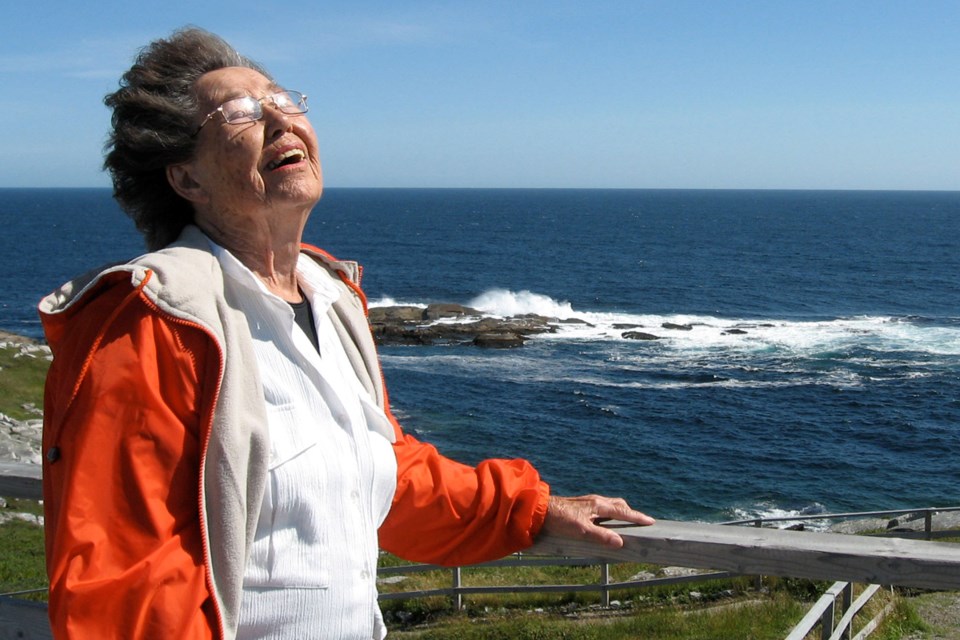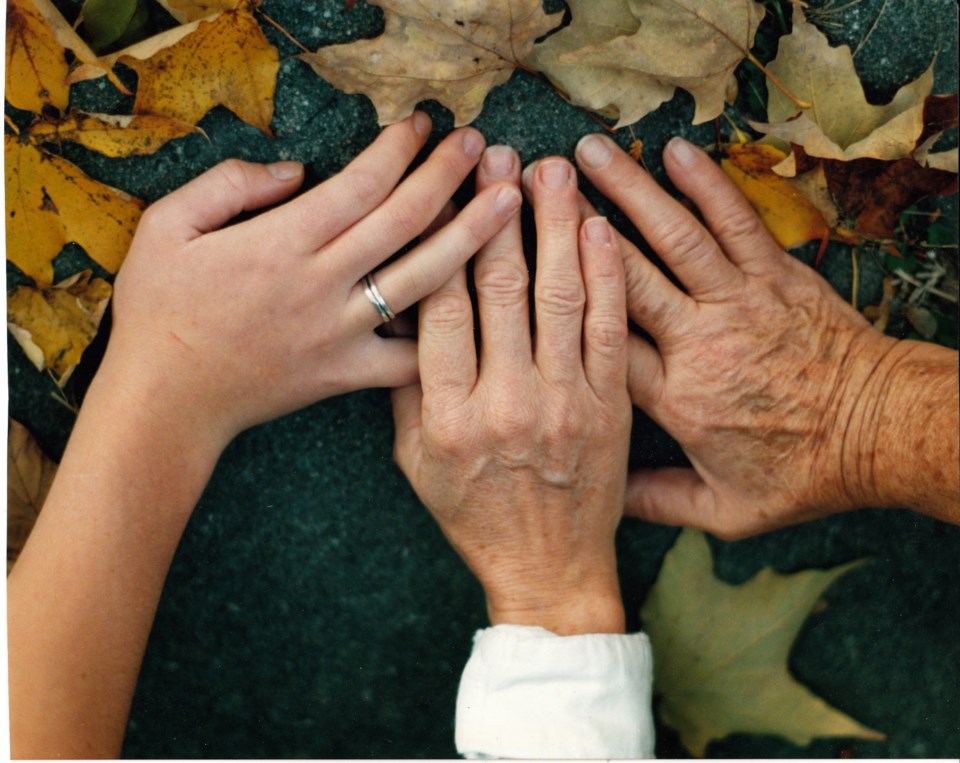My mother was the Voice of God. No one ever questioned her because, as her eight children learned, she was always willing to back up whatever she said with an equally decisive action.
For instance, when she told my older siblings that she’d leave one of them at the side of the road if they didn’t stop squabbling in the car, they were foolish enough not to listen. Mom pulled over and left my sister Patricia standing there, dumbfounded. While the three oldest sisters cried in the back seat, begging her to turn around, my mother drove away — far enough to make her point but close enough to keep Patricia in her rear-view mirror. By the time I arrived on the family scene, car trips were spent quietly reading books or playing I Spy.
After I whined about having nothing to do one summer day, she told me that I wasn’t allowed to say I was bored. She said I was a 10-year-old kid who had no school, no responsibility and no right to complain. I took her literally and made sure I never uttered, or felt, the words “I’m bored” again.
So I believed her when she said that the tuning dial on our kitchen radio had somehow broken off, leaving it perpetually stuck on CBC Radio. I’m sorry, she told me with a straight face, but there’s no way you can switch to a pop radio station.
The kitchen radio was always on. If my mom was the Voice of God, CBC Radio became the chorus chatting in the background.
The World At Six became our world at six. Barbara Frum talked us through the early evening chores on As It Happens. Sunday morning drives took us to far-away places thanks to Michael Enright and a host of (now much lamented) radio documentary journalists.

In November of 2013, my mother was diagnosed with brain cancer. She’d had breast cancer in her 60s and underwent radiation but now, at 88, she did what, a few years ago, she’d told us she’d do — refuse treatment. During the next two months, she amazed us with her strength, her grace, her wisdom and her absolute lack of fear or regret. She remained true to her belief that there was no God (apart from the title we’d given her), no soul, no afterlife. When we die, we die, and therefore the imperative is on us to live each day fully. Be happy, she said — sometimes as a direct order.
On the night of the day my mother died, I was in the kitchen doing the dishes after a long dinner spent talking with my husband about memories and emotions.
I turned on the radio. CBC’s nine o’clock program, Ideas, was re-running a documentary on the singer Pete Seeger, who had died a day or two earlier. Mom loved Pete Seeger, who gave voice to the values she’d been raised with.
All of a sudden, I felt my mother’s presence. It wasn’t as an ethereal shape hovering next to me, or an object on the counter moving in mysterious ways. Standing there, in my kitchen listening to CBC, I felt her — as a real-life, honest-to-God physical frisson of awareness. I realized her DNA was in my bones, my blood, and she could never, ever leave me.

It was, in so many ways, a liberation from grief. She’d always taught us that death was a part of life so while we could miss her, we shouldn’t mourn her passing. Jean Vivian (Gosse) Perkins had lived well and happily. She’d done what she said we all should do. Amen.
Martha Perkins is the executive director of the crowdfunding initiative FundAid.
twitter.com/MarthaJPerkins



